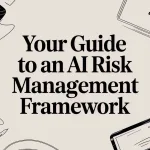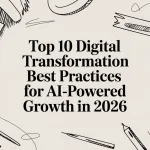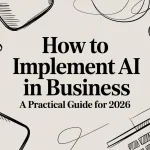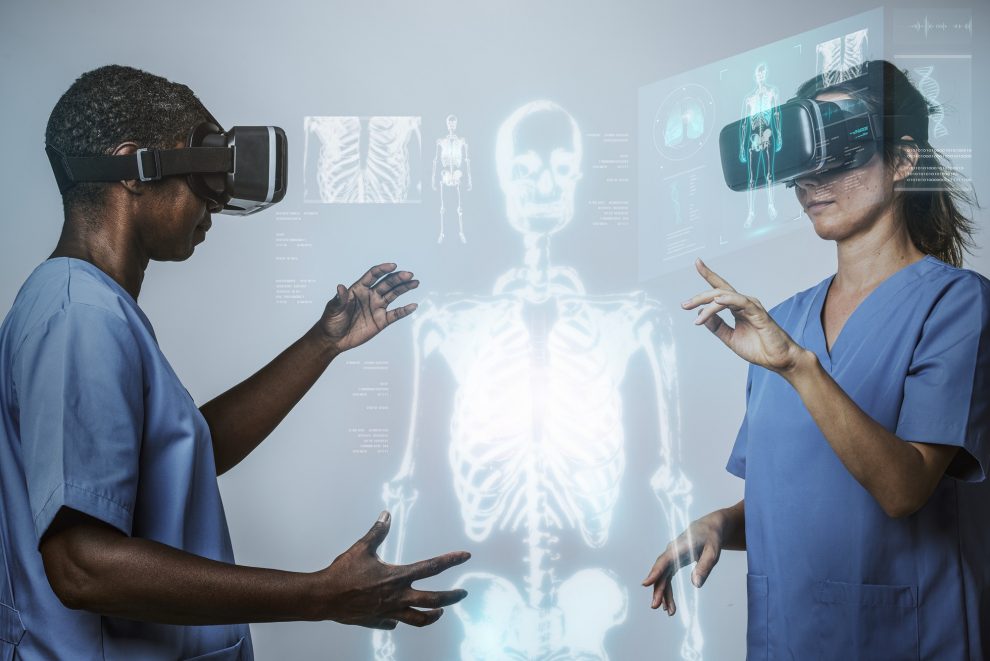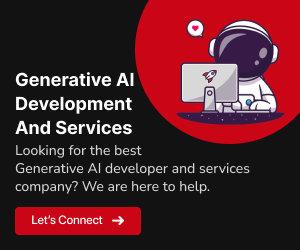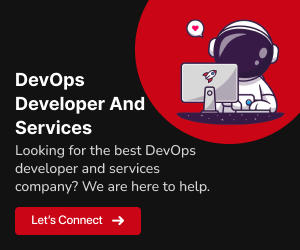In recent years, the field of healthcare has witnessed a significant transformation, thanks to the rapid advancements in technology. One of the most groundbreaking innovations in this domain is Generative Artificial Intelligence (AI). Generative AI, powered by deep learning and neural networks, is reshaping the healthcare landscape in ways we could have only imagined a decade ago. In this blog, we will delve into the various facets of how Generative AI is transforming healthcare in the United States.
Transforming Healthcare with Generative AI
In recent years, healthcare has seen a remarkable transformation, largely owing to advancements in technology. Generative Artificial Intelligence (AI) has emerged as a powerful force reshaping the healthcare landscape. This blog explores how Generative AI is revolutionizing healthcare in the United States, particularly in the following key areas:
Disease Diagnosis and Prediction:
Generative AI models, such as convolutional neural networks (CNNs) and recurrent neural networks (RNNs), are now capable of analyzing vast amounts of medical data with unprecedented accuracy. This enables healthcare professionals to diagnose diseases at an earlier stage, often before visible symptoms appear. For example, Generative AI can analyze medical images like X-rays, MRIs, and CT scans to detect subtle anomalies that might go unnoticed by human radiologists.
Drug Discovery and Development:
Developing new drugs is a time-consuming and costly process, but Generative AI is streamlining it significantly. AI models can analyze the vast chemical space to suggest potential drug candidates and predict their efficacy. This not only accelerates drug discovery but also reduces the cost of bringing new medications to market. Additionally, AI can optimize clinical trial design by identifying suitable patient cohorts and predicting trial outcomes. This not only saves time and resources but also ensures that promising therapies reach patients faster.
Personalized Medicine:
Generative AI plays a pivotal role in the emergence of personalized medicine. By analyzing an individual’s genetic makeup, lifestyle, and medical history, AI can tailor treatment plans that are specifically optimized for that patient. This approach not only increases treatment efficacy but also minimizes side effects and adverse reactions. For example, AI can predict how a patient will respond to a particular medication, enabling healthcare providers to prescribe the most suitable drug and dosage. This level of personalization has the potential to revolutionize treatments for cancer, cardiovascular diseases, and other chronic conditions.
Telemedicine and Remote Monitoring:
The COVID-19 pandemic accelerated the adoption of telemedicine, and Generative AI has played a crucial role in enhancing its capabilities. AI-powered chatbots and virtual assistants can conduct initial patient assessments, answer medical queries, and schedule appointments. Moreover, AI-driven remote monitoring devices can continuously collect and analyze patient data, enabling healthcare providers to intervene promptly when needed. This combination of telemedicine and AI-driven remote monitoring not only improves patient access to healthcare but also reduces the burden on healthcare facilities, making the system more efficient and cost-effective.
Natural Language Processing in Healthcare:
Generative AI, particularly in the form of Natural Language Processing (NLP), is transforming healthcare documentation and communication. NLP models can transcribe medical notes, convert spoken language into text, and extract valuable insights from unstructured data. This saves healthcare professionals time and ensures accurate and comprehensive patient records. Moreover, AI-driven chatbots and virtual assistants can enhance patient engagement by providing 24/7 access to healthcare information, appointment scheduling, and medication reminders.
Harnessing the Power of Generative AI in Healthcare: Innovations and Advancements
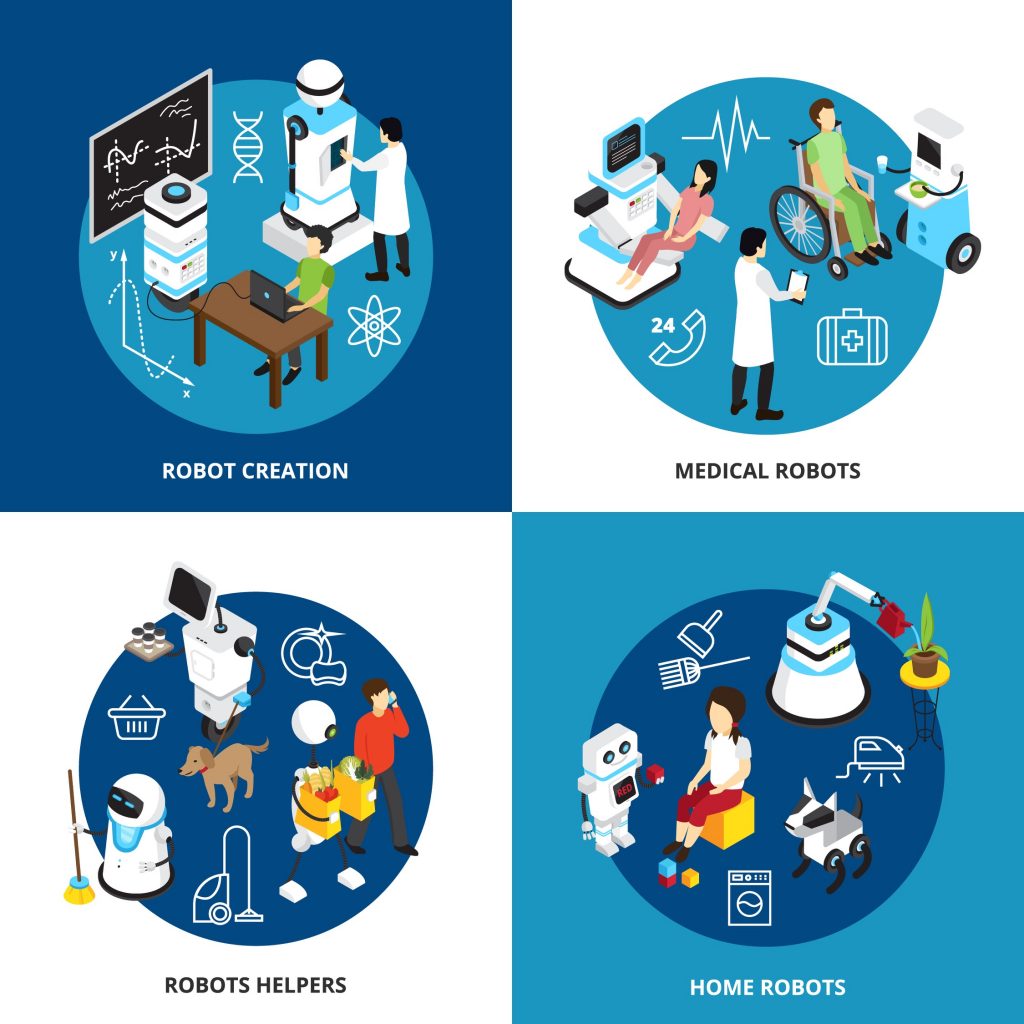
In recent years, the healthcare industry has been at the forefront of adopting cutting-edge technologies, with Generative Artificial Intelligence (AI) emerging as a transformative force. This blog explores how Generative AI is reshaping healthcare, focusing on innovations that have the potential to significantly improve patient care, diagnostic accuracy, administrative efficiency, and medical research.
Improving diagnostic accuracy:
Generative AI can develop algorithms to detect diseases and other medical conditions more accurately than traditional methods. For instance, AI-powered systems can analyze medical images like X-rays and MRIs, identifying abnormalities that human radiologists might overlook. Furthermore, Generative AI can create predictive models that forecast patients’ risk of developing specific diseases or conditions by considering their individual medical history and other relevant factors.AI-powered medical image analysis:
Generative AI is developing algorithms that can automatically detect cancer and other diseases in medical images. For example, one company has developed an AI algorithm that can detect breast cancer on mammograms with greater accuracy than human radiologists.Predictive models for disease risk:
Generative AI can also create predictive models that forecast patients’ risk of developing certain diseases or conditions based on their individual medical history and other factors. This information can then inform the development of preventive care strategies tailored to these patients.
Streamlining administrative tasks:
Generative AI can automate various administrative tasks in healthcare, including appointment scheduling, insurance claims processing, and medical report generation. This can free up healthcare professionals to focus on patient care and other important tasks.Automated appointment scheduling:
Generative AI can develop systems for automatically scheduling appointments for patients based on their needs and preferences. This can help to reduce the time that patients have to wait for appointments and can also help to improve the efficiency of healthcare organizations.Automated insurance claims processing:
Generative AI can also develop systems for automatically processing insurance claims, reducing the workload on healthcare staff and expediting the reimbursement of patients’ medical expenses.
Accelerating medical research:
Generative AI can accelerate medical research by simulating clinical trials and developing new drugs and treatments. For example, generative AI can create digital twins of organs and tissues, allowing researchers to test new drugs and treatments without exposing patients to risk. Generative AI can also analyze large datasets of medical data, identifying new patterns and insights that could potentially lead to groundbreaking discoveries in medical research.Simulating clinical trials:
Generative AI can simulate clinical trials to evaluate the safety and efficacy of new drugs and treatments. This can help to accelerate the drug development process and can also help to reduce the costs of clinical trials.Developing new drugs and treatments:
Generative AI can also design new drugs and treatments. For example, one company is using AI to design new antibiotics that are effective against drug-resistant bacteria.
Personalizing patient care:
Generative AI personalized patient care by crafting treatment plans tailored to individual patient needs. For instance, it analyzes a patient’s genetic profile and medical history to create personalized cancer treatment plans. Generative AI also devises customized diets and exercise plans for patients with chronic diseases.Personalized cancer treatment:
Generative AI can analyze a patient’s genetic profile and medical history to create a personalized treatment plan for cancer.This can help to ensure that patients receive the most effective treatment possible and can also help to reduce the risk of side effects.Personalized diets and exercise plans:
Generative AI can also develop personalized diets and exercise plans for patients with chronic diseases. This can help patients to manage their condition and improve their overall health and well-being.
Innovative Applications of Generative AI in Healthcare Today
Here are some of the Real-World Applications of Generative AI in Healthcare:
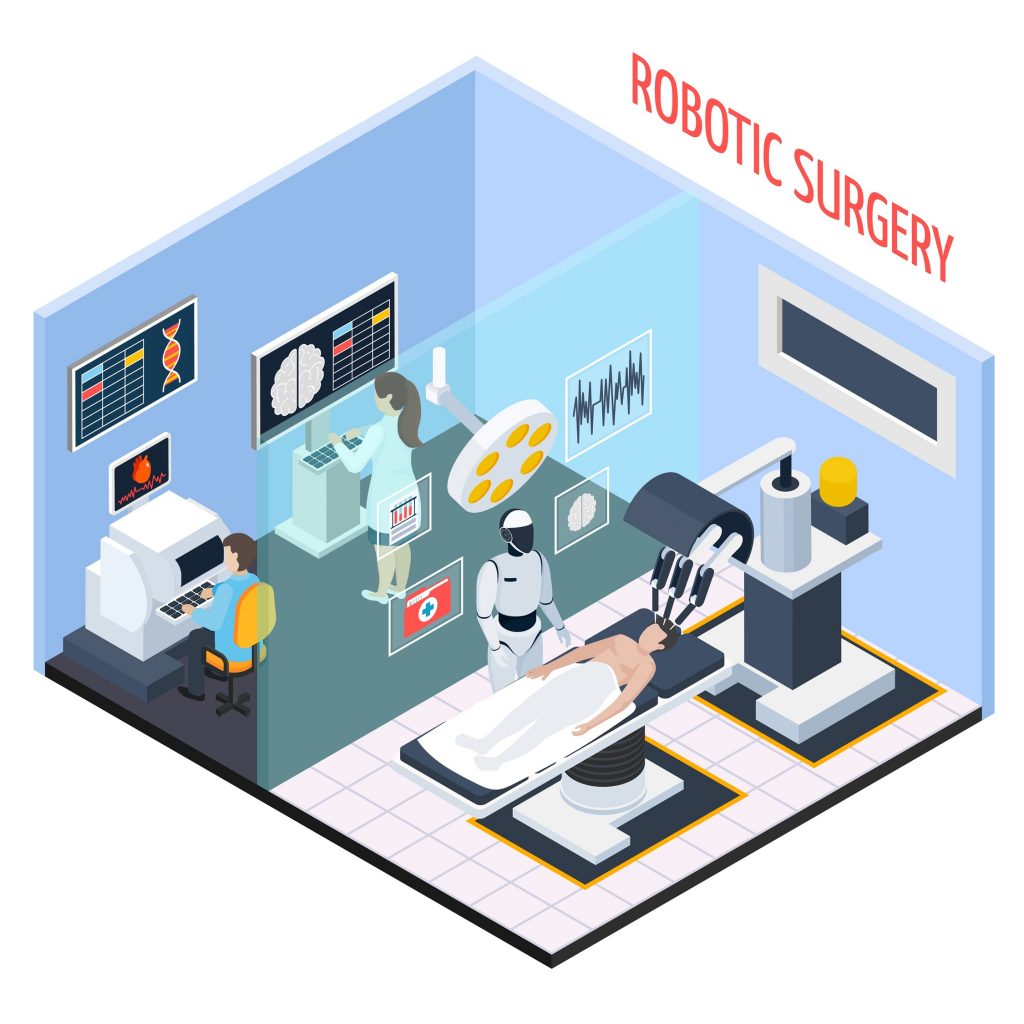
Radiology:
Generative AI develops algorithms capable of automatically detecting cancer and other diseases in medical images. For example, one company has developed an AI algorithm that can detect breast cancer on mammograms with greater accuracy than human radiologists.Drug discovery:
Generative AI accelerates the drug discovery process by simulating clinical trials and designing novel drugs and treatments. For example, one company is using AI to design new antibiotics that are effective against drug-resistant bacteria.Personalized medicine:
Generative AI develops personalized treatment plans for patients based on their individual genetic profile and medical history. For example, one company is using AI to develop personalized cancer treatments that target the specific genetic mutations driving the patient’s tumor.
Pioneering Applications of AI-Powered Healthcare Tools
The healthcare industry is undergoing a technological revolution, and companies are deploying AI-powered tools to usher in a new era of healthcare delivery and patient care. Here are some exemplary use cases demonstrating the impact of these advanced technologies in healthcare today:
DeepMind Health’s AI :
DeepMind Health is a research group at Google AI that is developing AI-powered tools to improve the diagnosis and treatment of diseases. One of DeepMind Health’s most notable achievements is the development of an AI system that can detect eye diseases in retinal scans with greater accuracy than human doctors. This system has the potential to revolutionize the diagnosis and treatment of eye diseases, such as diabetic retinopathy and age-related macular degeneration.Viz.ai:
Viz.ai is a company that is developing AI-powered software to help doctors diagnose and treat strokes faster. Viz.ai’s software can automatically detect strokes in brain scans and can also notify doctors when a patient is having a stroke. This software has the potential to save lives by helping doctors diagnose and treat strokes more quickly.Babylon Health AI:
Babylon Health is a company that is developing AI-powered chatbots that can help patients diagnose and manage their conditions. Babylon Health’s chatbots can answer questions about symptoms and treatments, and can also provide personalized recommendations to patients. These chatbots have the potential to improve access to healthcare for people who live in remote areas or who have difficulty seeing a doctor.GeekyAnts:
GeekyAnts is a pioneering company in the healthcare tech industry, dedicated to harnessing the potential of AI to transform patient care. They firmly believe that the healthcare space is an ever-evolving industry that requires modern technology to positively impact the lives of patients and their families. With their innovative solutions, they empower healthcare professionals to achieve their mission effortlessly.
Conclusion
Generative AI is revolutionizing healthcare in the United States by improving disease diagnosis and prediction, expediting drug discovery, enabling personalized medicine, enhancing telemedicine, and revolutionizing healthcare documentation and communication. As these technologies continue to evolve, they have the potential to not only improve patient outcomes but also reduce healthcare costs and increase accessibility to quality care. The future of healthcare in the U.S. unquestionably intertwines with the potential of Generative AI, offering the promise of a healthier and more efficient system for all.
Also read: “How generative AI can help improve business “.







